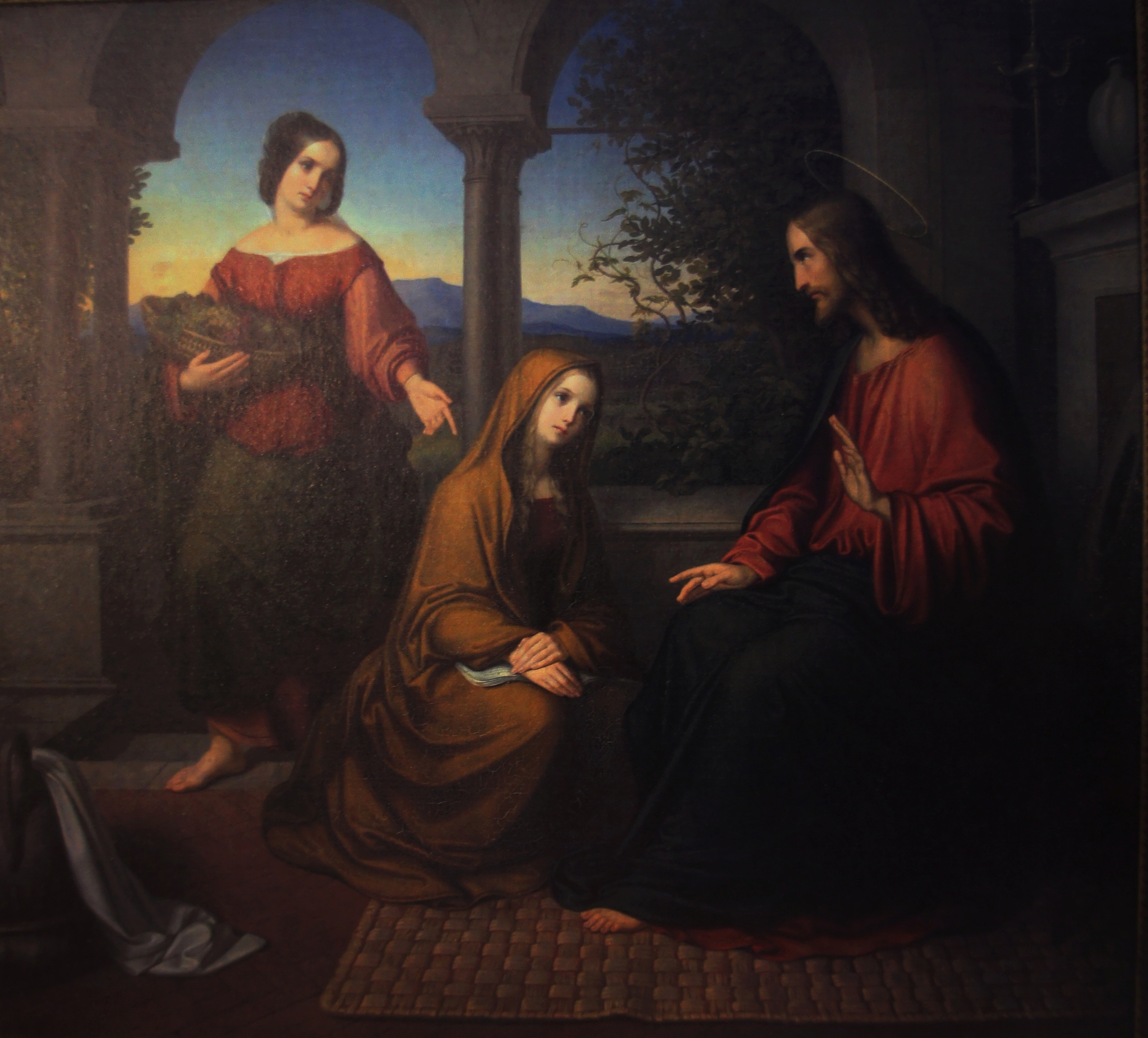Matthew 2:16-18
Lully lulla
thou little tiny child,
bye bye lully lullay.
God, can you count
these tears I cry,
falling like bitter rain?
For this my child
so brutally died -
bye bye lully lullay.
Lord can you hear
these cries of pain?
Are all our tears in vain?
Where is your justice
in this night
where innocents are slain?
Your child goes free,
mine dies for thee -
my child in your child's place.
O Lord above,
you know my pain,
yours are the tears I cry;
for even you have lost a child
given for all our sakes.
Mankind goes free,
you die for me -
your child in my child's place.
____________________________________________________________
[21. December 2013 - at 2.30 because I couldn't fall asleep]
Written as the lament of a mother of one of the babies murdered on King Herod's command, when he was trying to kill Jesus. In case you haven't noticed, it is based around Coventry Carol, a 16th century carol about the murder of the innocents. In fact, it is (kind of) singable to that melody!
Main
idea of this one was "my child for yours" (which is also the alternate
title). I noticed this recently and find it rather interesting: the baby
boys of Bethlehem died in Jesus' place; later, he would die in
mankind's place.
A long time ago while writing something else I
realised that God knows exactly what it means to lose a child. Because
he went through just that, when Jesus died on the cross. Of course, the
mothers of Bethlehem could not know that yet. But since I write from the
perspective of the Cross and Easter, I wrote it like this.
Here's proof again that I can't write a Christmas poem without the cross in it. Though I think that's perfectly fine theologically, and given in the Bible already, which has this story as part of the story of Jesus' birth. We have watered down the Christmas story into an idyllic, sweet thing, which it definitely wasn't. There's political oppression, bloodshed, poverty and dirt in it, and I think people would find it way easier to identify and accept the truth of Jesus if we stopped cutting out the gruesome, dark - but realistic! - bits.
Let us not forget this part of the Christmas story, but use it as a reminder, even as we celebrate Christmas, of Jesus' suffering for our sake - and use it as a reminder to pray for the innocents being murdered all over the world even now, the children suffering in wars or being abused.
Picture by Julius Schnorr von Carolsfeld
highly favoured one,
the Lord is with you;
blessèd
are you among women.
Shaken around
in the middle of the night
by an old donkey
and labour pains.
Blessèd.
Standing in the cold
before locked doors,
a shape unsightly
and forbidden.
Blessèd.
Crying in the rain
with you in my arms,
my child; my God -
a sword through my soul.
Blessèd.
Blessed
to bear on my body
the shame of you,
the foolishness of God.
Full of grace.
My soul magnifies the Lord,
and my Spirit has rejoiced
in God my Saviour.



.jpg/640px-El_primer_beso_Salvador_Viniegra_y_Lasso_de_la_Vega_(1891).jpg)



